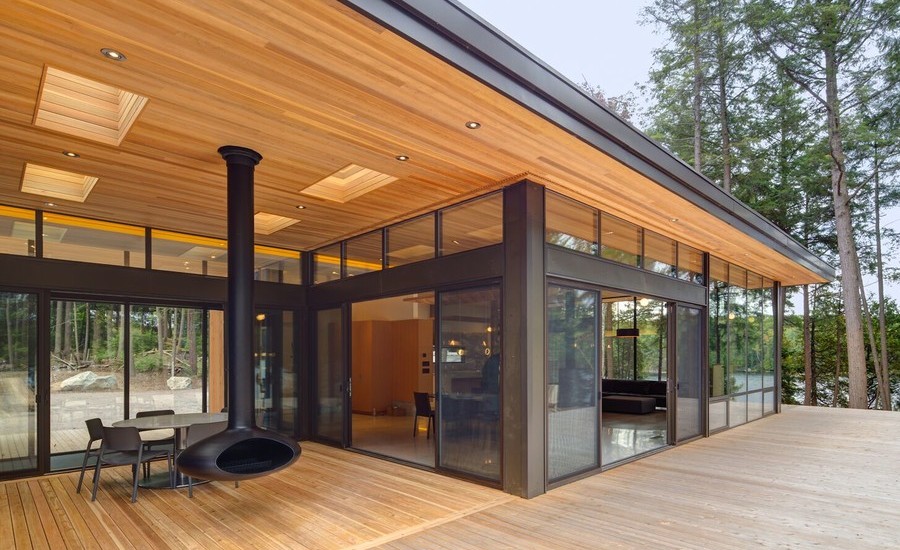Buying or investing in pre-construction real estate can be as shrewd as it is frightening. On the one hand, pre-construction properties tend to be priced lower than their existing counterparts, and you can pay the down payment on an installment schedule.
On the other hand, there are (or have traditionally been) inherent risks and setbacks in buying a property that doesn’t yet exist. What if it winds up looking like a rush job? How do you properly vet a pre-construction property? And how do you even find pre-con opportunities in the first place?
These latter issues are being addressed by real estate technology. Innovative startups and creative applications for emerging technology are working to remove some risks from the pre-con buying process. They can’t remove the risk entirely, but they represent a positive step forward.
Below, let’s explore what real estate technology means for pre-con investors/buyers by listing a few notable advancements.
Big Data
Big data analytics has come a long way in the past decade, and so have its applications in real estate. With big data, buyers and investors can access an unprecedented volume of insights on everything from non-traditional neighborhood demographics to local buying trends. These insights help support consumers’ decisions for investing in pre-construction in specific locations and at specific dates, mitigating some of the risks.
VR, 360-Degree Photography and Drone Footage
“I’m especially excited about how VR can bring in the visual tour aspect to pre-construction sales,” real estate expert Regan McGee told Medium recently. (His company, Nobul, gets a mention below.)
McGee is right to be excited. Immersive technology in real estate exploded around the beginning of the pandemic as a useful way to facilitate sight-unseen sales. But the real estate industry quickly saw immersive tech’s potential beyond the global catastrophe.
Pre-construction investors and buyers can leverage immersive tech like VR and 360-degree photography for views inside an active construction site. In other words, they can tour their investment and keep tabs on its progress. Meanwhile, drone footage gives consumers and investors a bird’s eye view of the surrounding neighborhood.
Videoconferencing, E-Signing and Digital Document Management
Because pre-con real estate is often a sight-unseen process, many buyers and investors prefer remote tools for signing, closing and communicating. Real estate technology helps in these regards. A modern pre-con investor can remotely complete the transaction through videoconferencing (for meetings), e-signing (for agreements) and document management software.
Real Estate Digital Marketplaces
Finally, the last few years have seen the rise of the real estate digital marketplace – a free collection of consumer-centric resources that helps guide consumers through the transaction process.
The most notable (read: only) example of an end-to-end real estate digital marketplace is Nobul, helmed by Regan McGee (quoted above). Best known for its AI-driven matchmaking services between agents and consumers, the platform also delivers curated listings based on buyer criteria. In other words, tech companies like Nobul make it easier to identify and capitalize on upcoming pre-con opportunities.
In answer to this title’s question, real estate technology means a lot for pre-construction real estate. It means in-depth data, immersive access to progress, streamlined closing and curated opportunities.




















